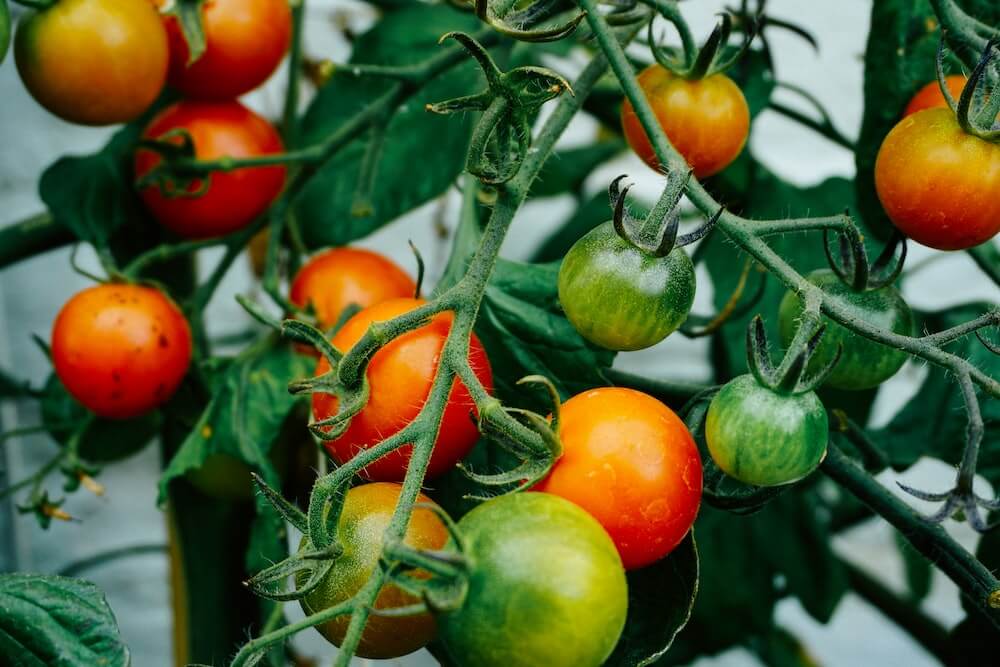Have you ever thought of growing veggies in your personal garden?
If not, here is the time when you should think of making your garden more productive. A passion for gardening is unique, and people spend a lot of time maintaining it.
So why not gain benefit from it?
The thought of how you will do it might haunt you, but you don’t have to worry.
The following tips will make this task easy so that you can grow anything like a pro.
1. Examine The Soil
When you want to grow vegetables, you must start with the soil. When feasible, choose a location for your garden with good soil drainage. Root rot and other fungal infections can be an issue in heavy clay soil because it retains moisture. Sandy soil needs extra water because it dries out rapidly.
Check your soil’s pH before you start planting. First, determine which crops thrive in your soil type, whether it is acidic or alkaline. Then, before the gardening season starts, adjust the pH of the soil as necessary.
Add compost and organic fertilizers to your garden to prepare the soil for your plants.
2. Choosing The Plants To Grow
Deciding what you want to grow in your garden can be confusing.
Therefore, although this may seem apparent, you should choose to grow what thrives in your soil, and the environment will lead to greater growth and larger harvests.
For instance, sweet potatoes and tomatoes do best in warm areas. However, use cold-tolerant crops like chard and cabbage if you have cold weather conditions.
Consider some of the simpler crops, including lettuce, carrots, beans, cucumbers, and peppers, for beginners, as they are easy to grow while you are in the initial phases of gardening crops.
3. Get Suitable Tools
Being a beginner in harvesting crops, you should ensure to make it easy for yourself in every possible way.
Therefore, gift ideas for lawn lovers can be a blessing for you as such tools can provide a lot of ease and significance to your work. So you may do more with less.
Moreover, doing hard work and not getting the results can be a factor of demotivation, so you should become smart and extract more by using these things in your lawn while growing vegetables.
4. Ensure To Have Maximum Sunlight
Apart from typical house plants, vegetable plants need more sunlight.
Therefore it is important to ensure that you are gardening them where they can easily access sunlight. It is crucial to understand this fact because there are many open areas in the fields, so catching sunlight might not be an issue for such crops.
But growing them on the premises of your house might have some hurdles, like you have grown a tree before, which might cover the sunlight. But nevertheless, these small things carry a lot of importance so be mindful of this.
5. Space The Plants Properly
Planting too close together may cause your crops to grow poorly and make them more susceptible to disease. For example, if one of your plants gets rotten, it will also damage the others touching close.
On the other hand, planting too far apart will prevent you from utilizing all available space. So you should be wise while you look to space the plants.
Therefore, to get the maximum out of your available space, you should plan it that clearly displays the number of plants cultivated in the available space.
Furthermore, if you prevent the crops from any damage, you can make different compartments for different crops so that they don’t get in touch with each other.
6. Be Careful about Pests
You must ensure not to let the pests harm the crops. So stay proactive and try to stop pests in their tracks. For example, consider covering vulnerable plants with barriers to protect them from flying insect pests or removing hiding spots for slugs, such as overturned pots or long grass in and around growing areas to minimize their population.
Then, go outside every few weeks when slugs are eating in the evening to remove them. Also, use pest control spray or mole traps if you see a high chance of any such attack on crops.
7. Usage Of Water
Water usage in these crops is much more than usual house plants.
They require more water because you are intended to produce heavy crops. So keep the soil moist to promote rapid crop growth.
Water is necessary for all plants, regardless of whether the crop is seasonal or not. Ensure that you balance it with the number of plants you are growing.
Conclusion
When you are like to maintain a garden, it will be convenient to grow your own veggies.
With their pure taste and knowing that no artificial growth techniques are used, they can be a great addition to your kitchen.
So don’t wait for anything. Instead, start doing it today and increase it over time.

